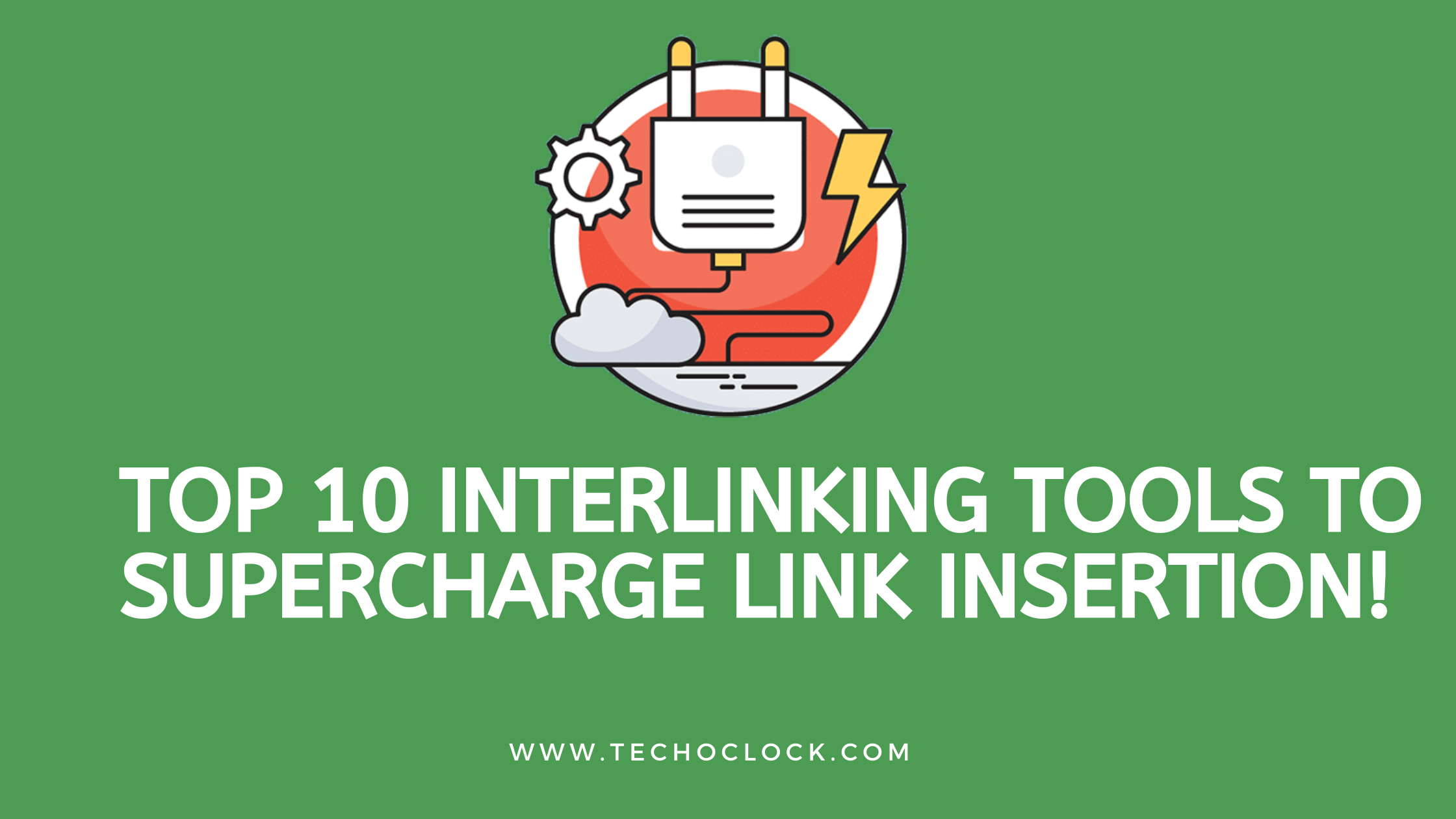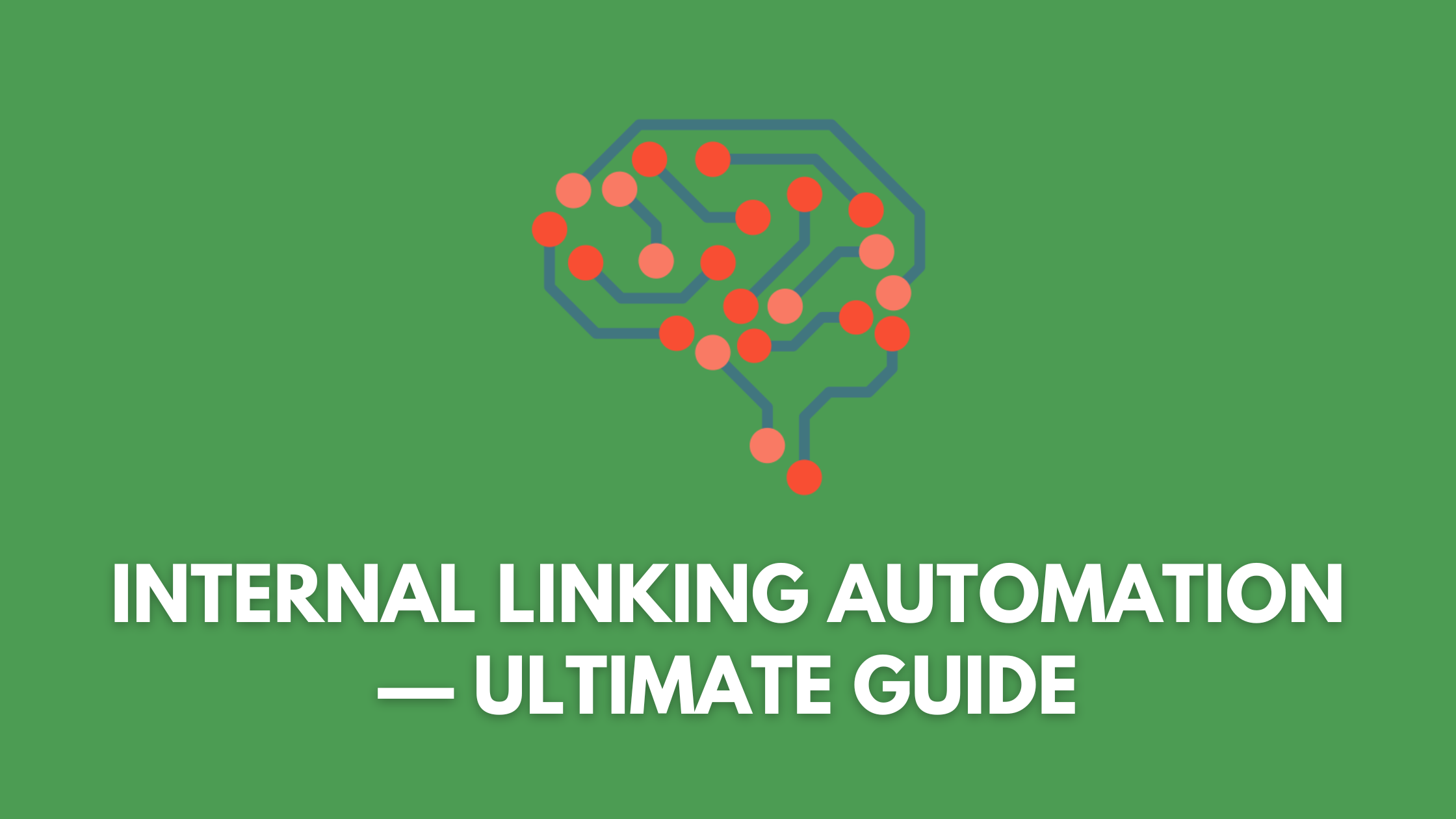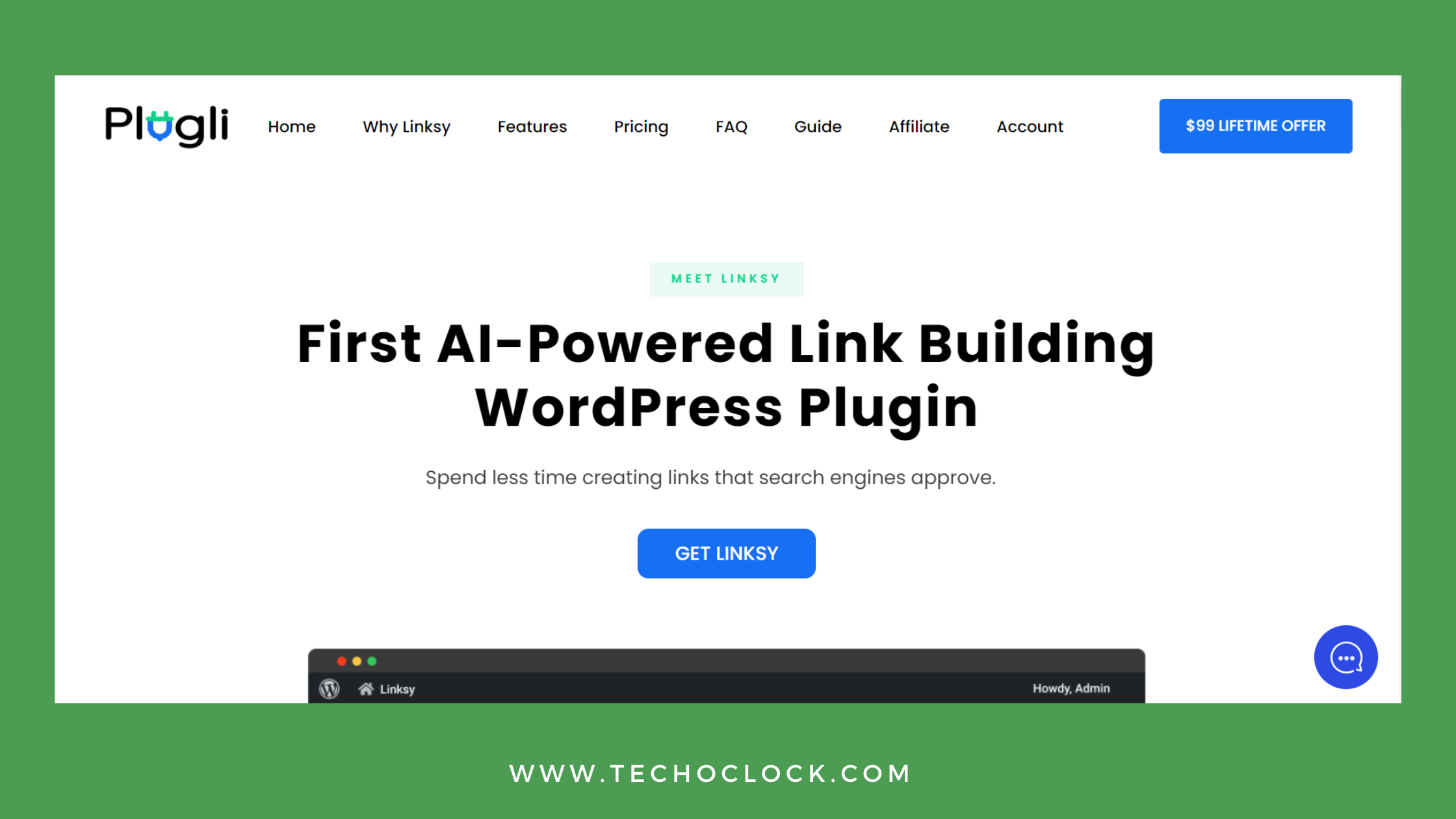How do you go about searching for a product or service in the real world? My guess is, it’s through Google.
You are not the only one. A whopping 6 billion searches are sent to Google every day! According to a study, 77% of people use Google at least three times a day.
In Nigeria alone, there are millions of people who use Google as their primary method of searching for products and services. Getting to the top of the search results isn’t about luck. It all depends on your SEO strategy.
Let’s begin with the basics: Does search engine optimization really mean what it says on the tin? Small and medium-sized businesses (SMEs) may be surprised to learn just how much business they can generate from this method. Is it even worth it to take these kinds of measures?
Table of Contents
What is B2B SEO (Search Engine Optimization)?
B2B and B2C search engine optimization (short SEO = Search Engine Optimization) refers to any strategies employed in order to increase a website’s rating in search engine results for a specific term.
Search engines, such as Bing and Google, rely on so-called keywords to help users find what they are looking for. It’s just the search terms that people put in there that are considered keywords.
An easy example: your company specializes in plumbing and is, therefore, a service. Your target consumers are those who are in the market for a new pipe. “Purchase new pipe” is a particularly significant term for you.
Getting into the top three spots in search results is easier if you use this keyword in your website’s content. A majority of searchers will click on your page and buy from you if this strategy works well enough. Only a few people will see your company if it shows up on page three of the search results.
The Benefits of a Good SEO Strategy
A high position in search engine results pages (SERPs) is the ultimate goal of search engine optimization, which we’ll get to in a moment.
These are some benefits you will enjoy if you take the proper steps:
- Improve your online presence by using this tool.
- It is possible to establish oneself as the go to business in your industry.
- You can focus on improving your company’s image to the outside world.
- In this way, you will be able to better meet the needs of your clients and their expectations.
- They boost your website’s traffic, or the number of people who visit it. Thus, your website’s potential clients will have a greater chance of converting. As a result, more products are being sold.
Of course, none of these objectives can be achieved in one fell swoop with only a few measures. To put it another way, improving your website’s exposure online leads to an increase in the number of visitors to your site. There is an immediate rise in the number of potential clients, which might lead to increased sales.
The mood is set by the users
A very simple idea governs Google’s whole search result model: the user controls the narrative.
Google will give you a higher chance of ranking at the top of its search results if your content is more relevant to the queries of your potential clients.
All of these elements contribute to your brand’s or company’s visibility on the Internet, and they all work together to do so.
SEO is a long-term process, not a sprint. Effects take time to manifest. Companies that want to prosper over the long haul must keep an eye on the latest algorithm changes and tweak their processes on a regular basis.
On-page and Off-page SEO
On-page and off-page SEO are the two most important considerations when doing SEO.
On-page SEO refers to the optimization of your website’s core technological, content, and structural elements.
While off-page SEO focuses on external factors such as social shares, backlinks, and so on.
On-page SEO:
- The enhancement of your website’s technical specifications
- The process of creating, aligning, and optimizing your website’s text and image content
- The methodical layout of your website’s alleged “user experience”
- The improvement of your website’s internal link structure
Off-page SEO:
- Building of external links
- Promoting your business through public relations and branding
- Number of share on social media
- SEO is a great opportunity for small and medium-sized businesses (SMEs).
For small and medium-sized businesses, a regional focus is common. For an electronics company in Lagos, how about grabbing the top spot in Google’s search results for the term “Electrician Lagos”?
Imagine that there are 580 searches a month for this term, and your address is the one that stands out. Many intriguing tactics exist, but a few simple wins can help you get there.
They include:
- Optimize your website’s content for the relevant local keyword.
- Create a Google My Business account for your business and fill it with as much information as you can.
- List your business in local (regional) directories.
How to track SEO results?
With the help of various tools, you can see a number of common SEO metrics. You’ll be able to see whether your SEO efforts have been successful thanks to the data provided by these tools. Identifying weak places is made easier as a result, and new measures are then planned and implemented to improve this data.
The following are a few of the most common and essential metrics to track:
How many keywords does your website rank in the top ten or the top 100 on Google?
Your website’s visibility on Google is based on its ranking. The visibility index is based on the number of rankings, the positions, and the search volume of the relevant keywords. The more visits you get from search engines, the higher this value will be.
What is the bounce rate?
The bounce rate is the percentage of visitors who come to your site and then immediately leave.
Users’ time on your site: How long do they spend there?
What is the conversion rate?
If a person visits your site, how many pages does he or she typically view?
It’s important to know how many people who found your site via a search engine actually clicked on it.
It’s possible that a high bounce rate is a sign that your page is taking too long to load. Examine your website’s technical specifications to see if they can be improved.
A good sign that your website’s content is engaging is if people spend a long time on it. It’s time to include a call-to-action feature so that users who are happy with the experience can convert to customers.
What is the cost of SEO?
Time and patience are the most important factors!
The good news is that SEO is a sustainable marketing strategy. This type of SEO works without ad costs and provides you with free growth prospects in the context of it.
As a result, it is a sector that requires a great deal of expertise and experience to fully maximize its potential. As a result, you’ll need to hire an SEO company. SEO experts who know how to implement the right SEO strategy and who are also passionate about it, i.e., those who track down and follow up on trends, are the ideal partners for you.
As a result, many small and medium-sized businesses (SMEs) have enlisted the help of SEO specialists. Outsourcing is an excellent option if you don’t want to add an employee to your team.
In the end, is SEO worth it for your business?
It’s common for small and medium-sized businesses to benefit from both a constant stream of repeat clients and referrals from existing ones. There is only one problem: some of your competitors are already using digital platforms and SEO to promote their products and services.
Competitors may have previously used the insane potential of search engine optimization and so tapped into client groups that may also be yours while you are still using other tactics.
So, do you think SEO is worth your time and effort? The answer is simple: yes, if you want to get new clients, expand your business in the long run, and stand out from the crowd.






Why a Website Is Important for Business
[…] While a website is a great way to promote your business, there are other things you can do to make sure potential customers can find you. For example, you can make sure your website appears in search engine results by optimizing your site for search engines. […]
How to Rank YouTube Videos on First Page
[…] Use tags. Tags are another important ranking factor. Be sure to include relevant, keyword-rich tags in your […]